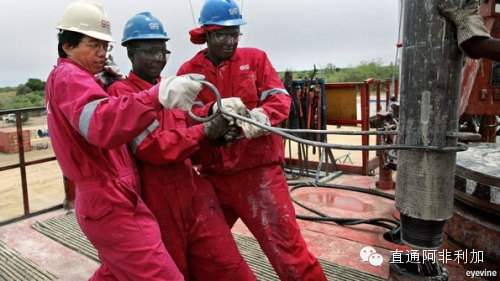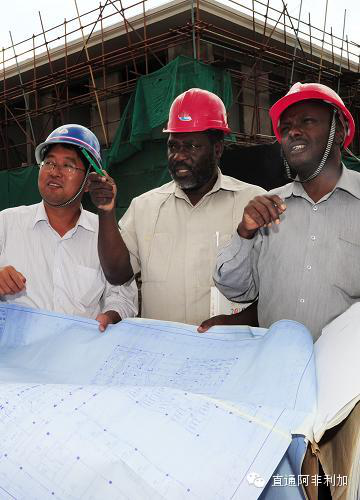
As reported by HuffPost on March 31, in the past ten years, China increased its influence in Africa and other regions by trade, outward foreign direct investment and generous aid. Therefore, China has become the steersman for the economic trend of many emerging economies. For instance, as estimated by Dambisa Moyo, a Zambian writer, China’s foreign capital inflow (about USD 2 billion in the last year) took 10% of Zambia’s GDP. This makes the decision-makers of Zambia and other countries think that China will play a bigger and bigger role in promoting the economic development and alleviating the worldwide poverty in the future.
As a whole, China is still a powerful engine for economic growth and a crucial promotion factor for poverty alleviation around the world, and it will be so in the next ten years. Regions like Africa with the largest un-cultivated land in the world will benefit a lot through cooperation and communication with China.

The S. Rajaratnam School of International Studies of Nanyang Technological University published a review article on March 28, titled China’s Ambitious African Railway Plan: Resume Its Imperial Dream? In the past ten years, China took various actions to enter to the African continent and became Africa’s main trade partner and investor. The Chinese side is initially to satisfy the vast demand on national resources while its benefit in Africa gradually becomes diverse and complicated.
Chinese enterprises began expanding Benguela Railway in Angola in the first ten years in the 21st century and connecting Angola with its neighboring countries via this railway. By 2015, Angola will be connected with Mozambique via a railway passing by Zambia at a journey distance of over 1400km. In the east of Africa, China is taking the lead in investing an ambitious plan which will connect Tanzania, Kenya, Uganda, Rwanda and South Sudan at a journey distance of about 2000km.
Some observers compare China’s more investment to African railways with Europe’s colonization ambition in the 19th century. Some people believe that the reason why China makes such investment is to deliver natural resources to the coastal areas more effectively. To be honest, China supports the construction of African railways for the purpose of transportation of natural resources, but it is too simplified if it is mentioned in the same case as Europe’s plan in the 19th century.
Firstly, many countries where China invests their railways do not have plentiful mineral products. Tanzania, Rwanda and Ethiopia are surely not counted as resourceful countries. Many railways invested by China are initially proposed by the African Governments. Besides, what’s worth emphasizing is that China does not monopolize such projects. For instance, South Sudanese companies also won the large-scale contracts in Zambia and Mozambique.
China’s investment to the African railways and other infrastructure is also out of other commercial interests other than development of mineral products and energies. The Chinese side longs for investing its huge amount of foreign exchange reserve to the promising markets and believes that the modernized infrastructure would promote Africa’s trade and stability and create many trade opportunities.
Today’s Africa is comprised of independent sovereign states that can freely choose their cooperative partners. China’s vigorous investment to Africa ensures the long-term economic cooperative relationship, thus to facilitate Africa’s stability. (Source: www.huanqiu.com, reported by Rolo Horta and translated by Qiao Heng)

中国昊远